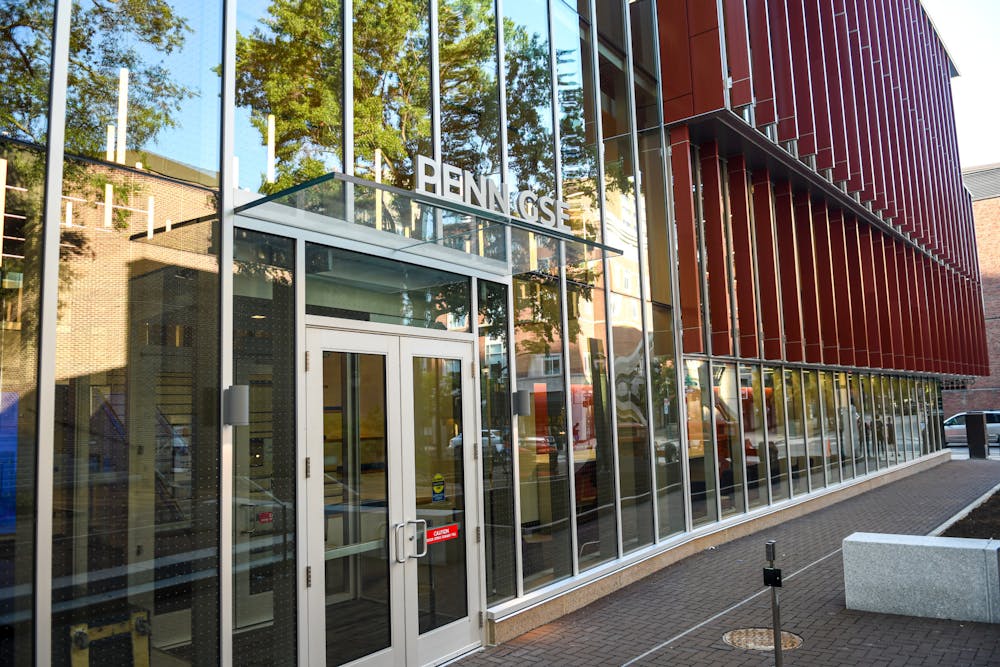
Penn’s Graduate School of Education is offering a three-part course to teach educators climate change project design.
The Project-Based Learning for Global Climate Justice Program course — led by Penn GSE professor Zachary Herrmann and project team member Taylor Hausburg — works with 70 educators across the globe to improve climate change curriculum for K-12 students. The program aims to teach educators how to engage "students in authentic, action-oriented and meaningful learning experiences" focused on "climate change and social inequalities."
Penn's "In Principle and Practice" institutional framework, which affirmed that “…[On Climate,] Penn will seek additional ways to support and recruit the best minds; fuel initiatives that advance understanding and promise solutions … for the sake of our future and our planet,” gave Herrmann and fellow colleagues involved with PBL an “opportunity to apply [the program] and transform K-12 climate education”.
The online program, which started on September 10, 2024, is approximately 40 hours in length and split into three parts: Explore, Envision and Enact. Throughout all parts, educators will “deepen [their] own understanding of global climate change issues … learn about the principles of project-based learning and sketch out potential project ideas … [and] implement [their] project with [their] students in [their] local context.”
One of PBL’s primary intentions is to change the role that students play in engaging with climate-related curriculum.
“PBL inspires teachers because it positions their students as active agents who are responding to climate crisis, rather than just learning about it,” Herrmann told Penn Today.
The program provides two options for participants, a “Free” option that provides a Penn “GSE Certificate of Participation”, with the $750 fee having been waived by the Penn Environmental Innovations Initiative. The second “$750” tier provides the Certificate alongside 4 Continuing Education (CE) Credits, with participants required to complete additional assignments to receive them.
This year, PBL is associated with the Urban Teaching Assistantship Program, Penn GSE Collaboratory for Teacher Education, and South Asia Center, alongside other Penn faculty.
“We are facing so many climate related challenges – it can feel overwhelming,” Penn GSE Program Lead Gillian Daar told Penn Today. “As the educators described their projects [at a recent program meeting], I felt hopeful.”
The PBL initiative is also supported by Penn faculty from diverse disciplinary backgrounds, who contribute research and educational content on climate change, weather patterns, and human health.
Recognizing the importance of scalability and local relevance, Herrmann and his team recently introduced a new model called the "Design Sprint" — a day-long event where educators learn the fundamentals of PBL and collaborate on developing climate-focused project ideas.
Looking ahead, PBL for Global Climate Justice remains committed to growth and innovation.
“Listening to educators from around the world share their project ideas brought tears to my eyes," Hausburg said. "They weren’t just sharing lesson plans; they were sharing their concerns, hopes, and intentions for the future. It was a beautiful moment of connection — reminding all of us of the why behind our work, validating and celebrating each other's efforts, and feeling part of something larger than ourselves.”
The Daily Pennsylvanian is an independent, student-run newspaper. Please consider making a donation to support the coverage that shapes the University. Your generosity ensures a future of strong journalism at Penn.
Donate










